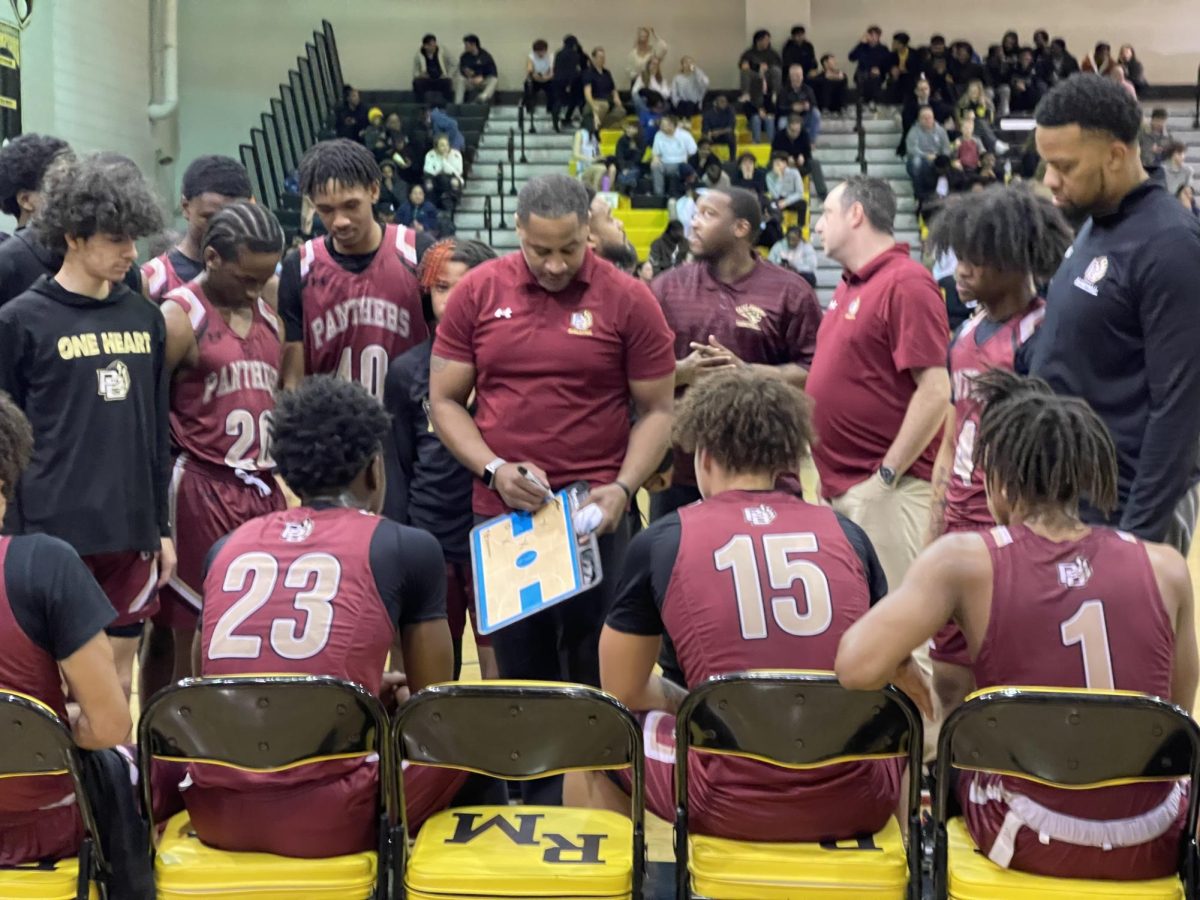Counter Strike: Global Offensive Loses a Bet
October 9, 2017
In addition to fast-paced, frantic action, the online multiplayer first-person shooter game Counter Strike: Global Offensive (CS:GO) now offers another level of intense thrills: gambling.
CS:GO already has some strong elements that engage gamers, including allowing players to customize the appearance of their in-game weapons with “skins”, virtual collectible items that change the color palette and camouflage pattern of a weapon to satisfy a player’s aesthetic needs. These are obtained through “weapon cases,” which are randomly awarded to a player at the end of an online match, and can only be unlocked by a matching key that randomly generates a set of skins for that particular player. Players bypass this random reward system by directly purchasing skins through an online marketplace with real currency. Valve Inc., the developer and publisher of CS:GO, runs an online marketplace where players can purchase weapon cases, keys, and skins. Depending on the available balance on the cards, players can purchase a skin for up to $2000, though most skins are purchased for far less.
This online marketplace seems to be the starting point for the gambling component that has arisen. CS:GO gambling websites use skins as a virtual “poker chip,” where gamers can bet skins against each other in a computer-generated coin flip to see who receives the spoils. Then, they either sell their skins for real cash on the online marketplace, or take their newly-attained skins and continue gambling.
While online gambling is nothing new, the merging of game and gambling in this instance has introduced minors to the thrill of betting. Valve Inc. found itself in a class action lawsuit brought by parents accusing the company of endorsing gambling for minors. However, this is not the only controversy that centers around skin gambling, as the gambling site’s endorsement methods have come under scrutiny. According to a Federal Trade Commision (FTC) press release, Trevor Martin, aka “TmarTn,” and Tom Cassell, aka “Pro Syndicate,” (co-owners of CSGOLotto.com a skin gambling site) settled a charge by the FTC, “that they deceptively endorsed the online gambling service CSGO Lotto” through their popular YouTube channels, and did not disclose their ownership to the audience. The pair posted videos titled “INSANE KNIFE BETS” and “$13,000 in 5 mins” that glamorized and simplified the process of and reward for betting on the site.
Thankfully, the FTC is cracking down on the exploits of Martin and Cassell, and their attempts to falsely endorse their website, by requiring them to consciously notify their audiences of any endorsements of which they are a part. The class action lawsuit is still underway, but hopefully parents will not have to worry about their kids gambling as they game.












































